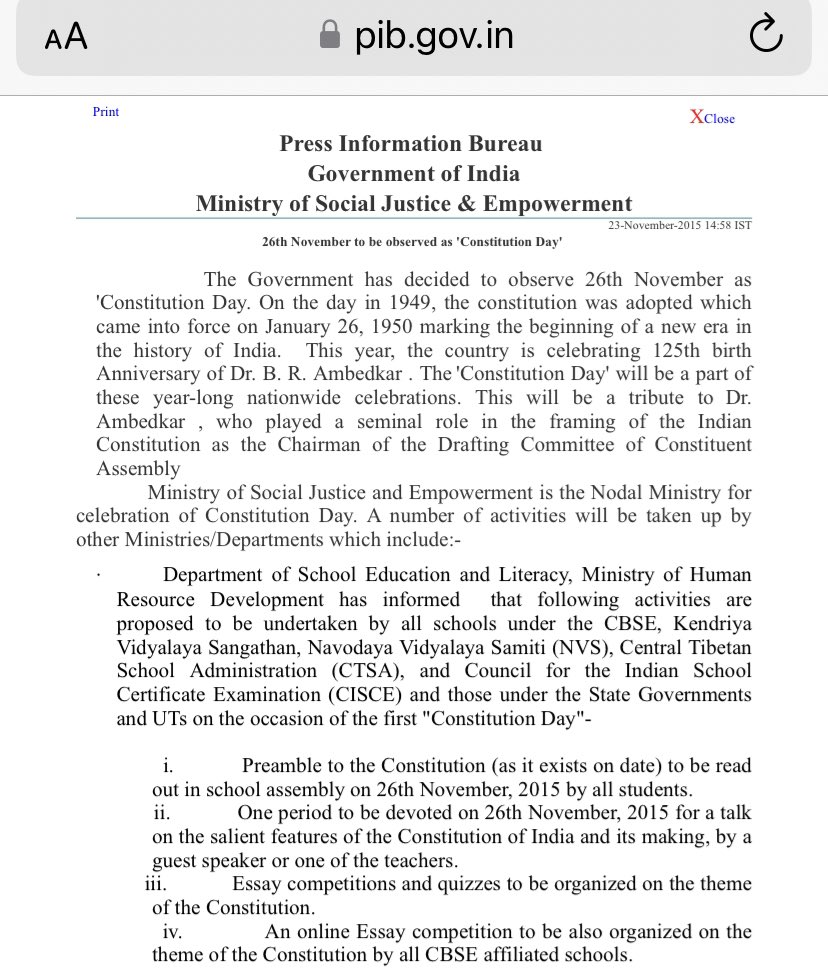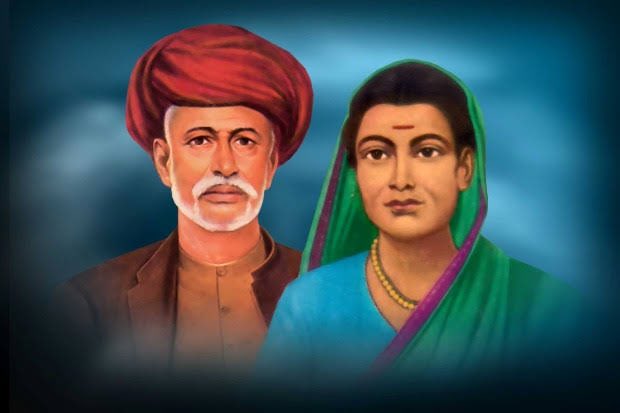
My article on #Periyar & Lalai Singh in Tamil. Thanks @arunchol. I am arguing that Periyar’s democratic, federal, anti-hegemonic ideas were projected as anti-Hindi, anti-north rhetoric. This limited his capacity to expand his influence beyond Tamil Nadu.
arunchol.com/dilip-mandal-o…
arunchol.com/dilip-mandal-o…
Periyar had very strong views on culture and language and that was a corollary to his idea of federalism. Hindi imposition by the Union government was a fact and Periyar understood the perils of the Centre’s language policy
Lohia and OBC politics per se was not influenced by south Indian social reform movements. It was more about claiming their share in power politics and other spheres. This politics never tried to elevate the consciousness of the toiling masses.
Ideas like rationalism and scientific temper were never part of the agenda of Lohia and his disciples. Even the idea of social justice was reduced to political participation and reservation in government jobs and education.
Lohia descended to the level of ordinary masses and organised Ramayana Mela. Mulayam Singh and Lalu Yadav never endorsed atheism and anti-Brahminism and Periyar was of no use to them.
Read more theprint.in/opinion/lalai-…
• • •
Missing some Tweet in this thread? You can try to
force a refresh















